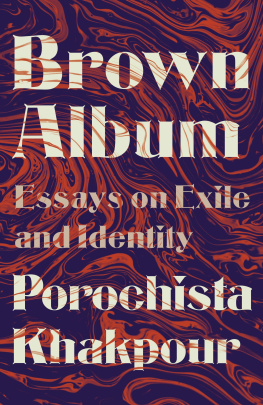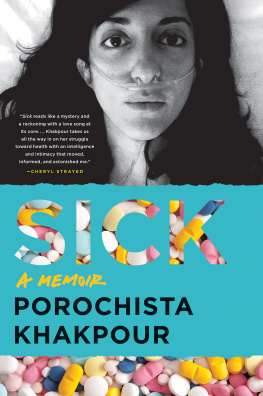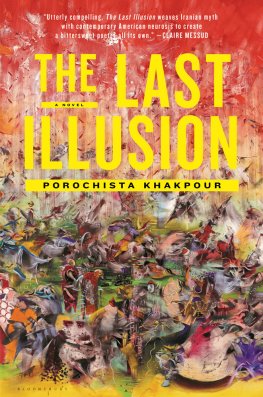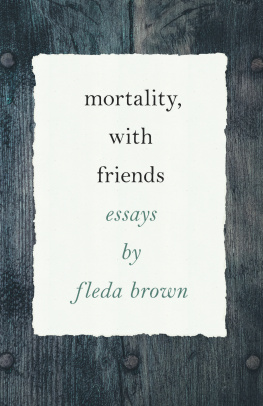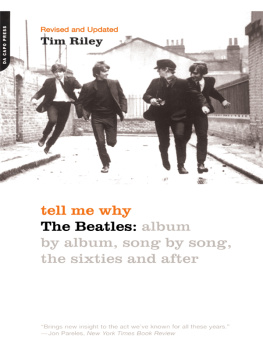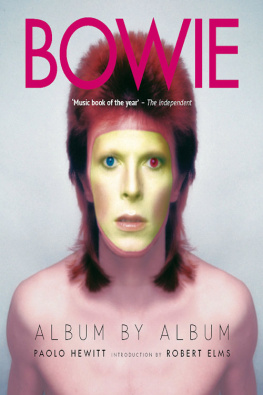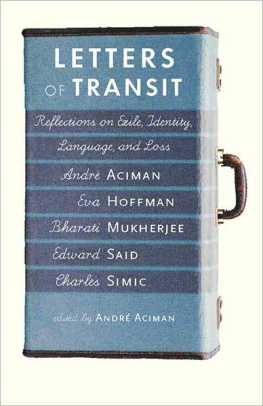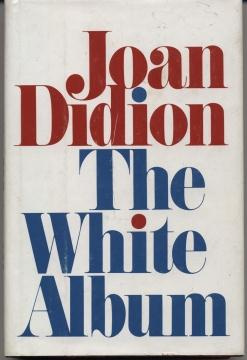Porochista Khakpour - Brown Album: Essays on Exile and Identity
Here you can read online Porochista Khakpour - Brown Album: Essays on Exile and Identity full text of the book (entire story) in english for free. Download pdf and epub, get meaning, cover and reviews about this ebook. year: 2020, publisher: Knopf Doubleday Publishing Group, genre: Non-fiction. Description of the work, (preface) as well as reviews are available. Best literature library LitArk.com created for fans of good reading and offers a wide selection of genres:
Romance novel
Science fiction
Adventure
Detective
Science
History
Home and family
Prose
Art
Politics
Computer
Non-fiction
Religion
Business
Children
Humor
Choose a favorite category and find really read worthwhile books. Enjoy immersion in the world of imagination, feel the emotions of the characters or learn something new for yourself, make an fascinating discovery.
- Book:Brown Album: Essays on Exile and Identity
- Author:
- Publisher:Knopf Doubleday Publishing Group
- Genre:
- Year:2020
- Rating:3 / 5
- Favourites:Add to favourites
- Your mark:
- 60
- 1
- 2
- 3
- 4
- 5
Brown Album: Essays on Exile and Identity: summary, description and annotation
We offer to read an annotation, description, summary or preface (depends on what the author of the book "Brown Album: Essays on Exile and Identity" wrote himself). If you haven't found the necessary information about the book — write in the comments, we will try to find it.
Brown Album: Essays on Exile and Identity — read online for free the complete book (whole text) full work
Below is the text of the book, divided by pages. System saving the place of the last page read, allows you to conveniently read the book "Brown Album: Essays on Exile and Identity" online for free, without having to search again every time where you left off. Put a bookmark, and you can go to the page where you finished reading at any time.
Font size:
Interval:
Bookmark:
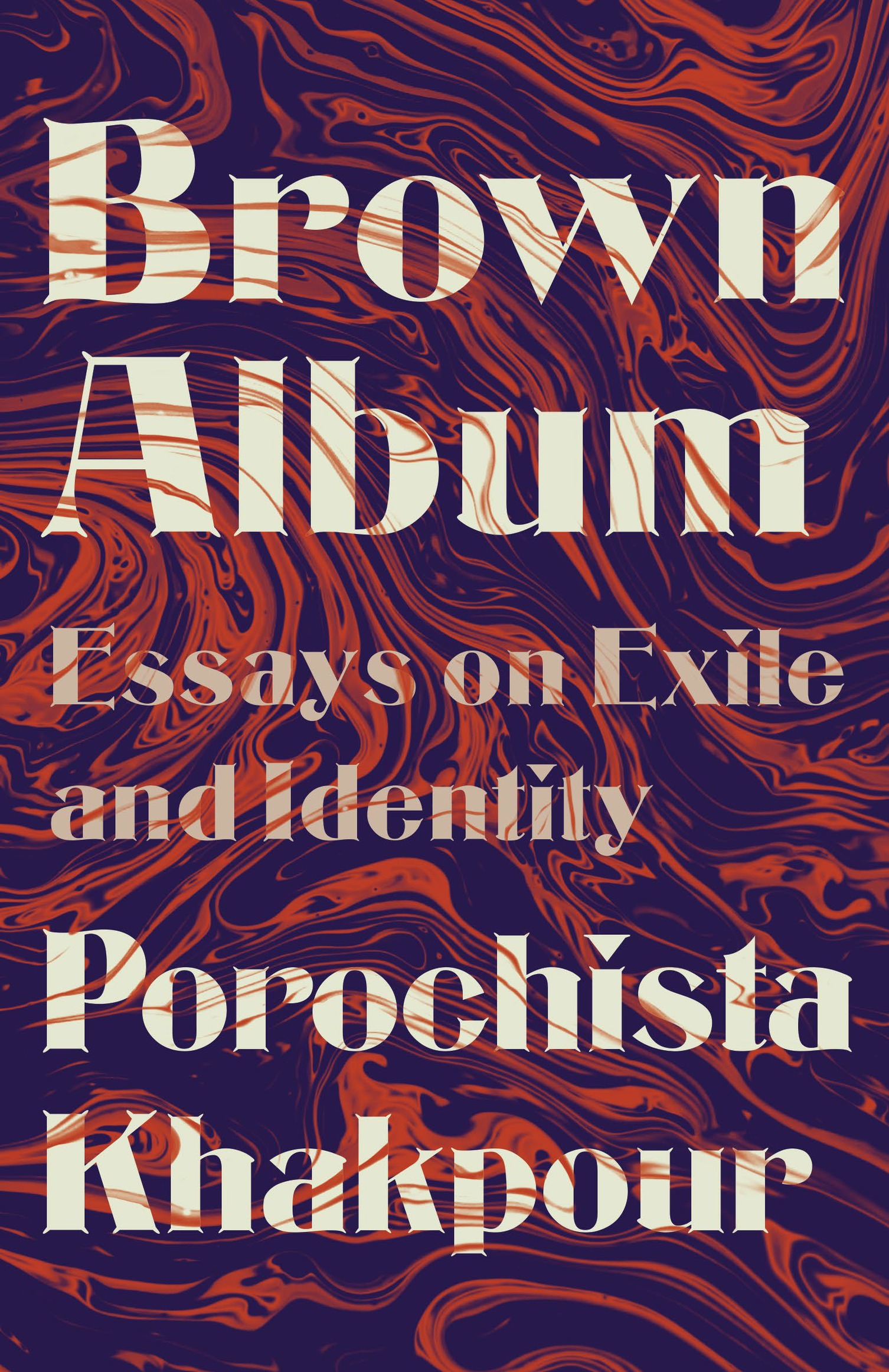
Porochista Khakpour is the author of Sick: A Memoir and two novels. Her debut novel, Sons and Other Flammable Objects, was a New York Times Editors Choice, one of the Chicago Tribunes Falls Best, and the 2007 California Book Award winner in the First Fiction category. Her second novel, The Last Illusion, was a 2014 Best Book of the Year according to NPR, Kirkus Reviews, BuzzFeed, PopMatters, Electric Literature, and many more. Among her many fellowships is a National Endowment for the Arts award. Born in Tehran and raised in the Los Angeles area, Khakpour currently lives in New York.
www.porochistakhakpour.com
Sick: A Memoir
The Last Illusion
Sons and Other Flammable Objects
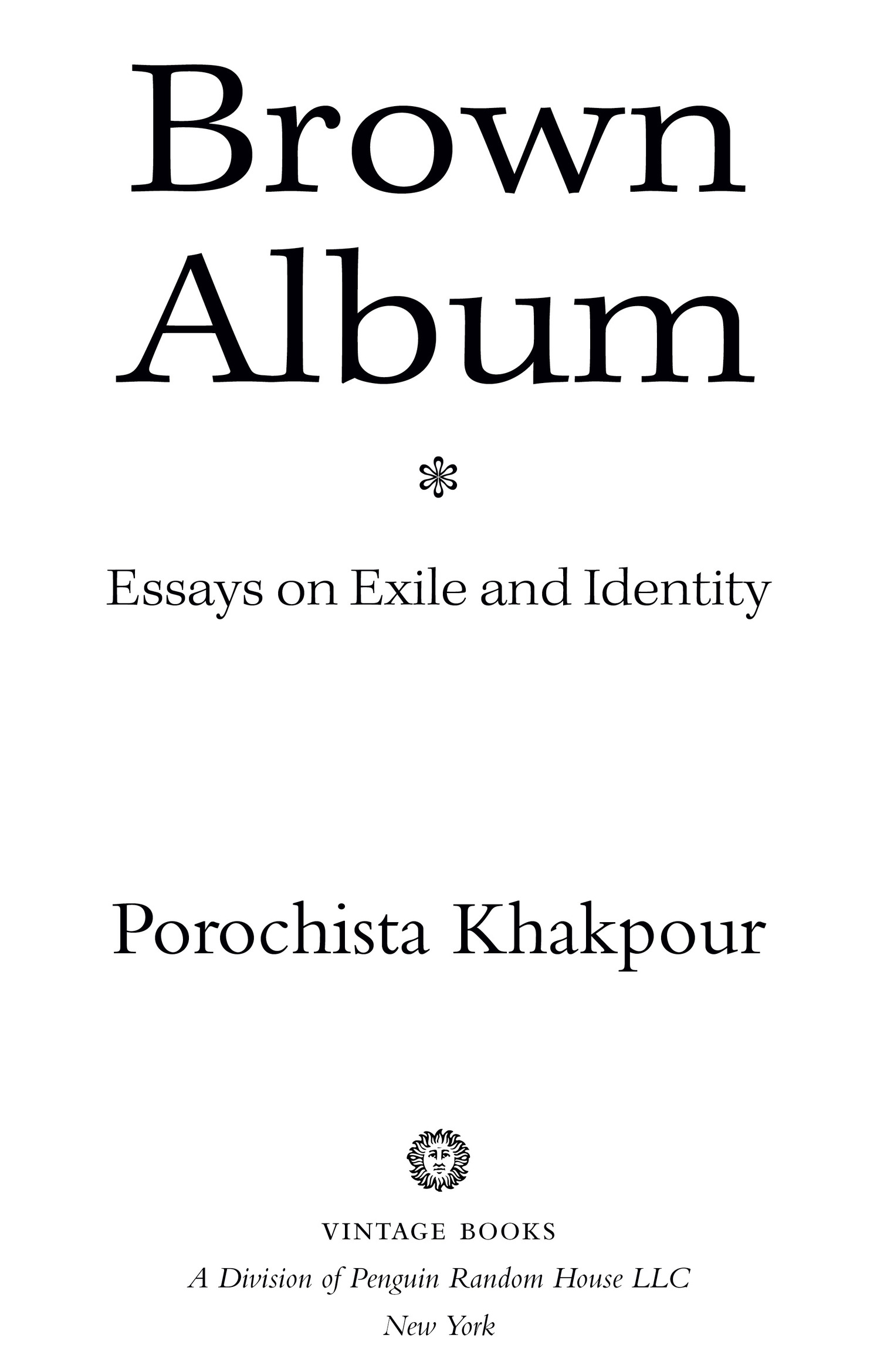
A VINTAGE BOOKS ORIGINAL, MAY 2020
Copyright 2020 by Porochista Khakpour
All rights reserved. Published in the United States by Vintage Books, a division of Penguin Random House LLC, New York, and distributed in Canada by Penguin Random House Canada Limited, Toronto.
Vintage and colophon are registered trademarks of Penguin Random House LLC.
Several of the essays have appeared in slightly different form in the following publications: A New Persian Empire in The New York Times (2012); Revolution Days in The Daily Beast (2009); Islamic Revolution Barbie in The New York Times (2009); Camel Ride, Los Angeles, 1986 in Guernica (2011); Another Dingbat in The House That Made Me (SparkPress, 2016); Coming of Identity, New York City, Late Nineties in Never Can Say Goodbye (Gallery Books, 2014); An Iranian in Mississippi in Better Than Fiction 2 (Lonely Planet, 2015); The King of Tehrangeles in Salon (2011); Blond Girls in Elle (2014); Portrait of the Artist as a Debut Novelist in Scratch (Simon & Schuster, 2017); Thirteen Ways of Being an Immigrant in The Displaced (Abrams, 2019); Secret Muslims in the New Year on CNN.com (2017); Born-Again Carnivorism in Aspeers (2012); On Becoming a Middle EasternAmerican in The New York Times (2010); Today Is a Sunny Day in Granta (2011); The Forever Refugee on CNN.com (2017); A Muslim-American in Indonesia in The Lonely Planet Travel Anthology (Lonely Planet, 2016); The Father of Irans Nuclear Weapons Program in Vice; and How to Write Iranian America in Catapult (2017).
Cataloging-in-Publication Data is available at the Library of Congress.
Vintage Books Trade Paperback ISBN9780525564713
Ebook ISBN9780525564720
Cover design by Joan Wong
Cover photograph: KAMONRAT/Shutterstock
www.vintagebooks.com
ep_prh_5.5.0_c0_r0
To Iranians in America:
Quite like old times, the room says.
Jean Rhys
What follows in Brown Album is a great number of essays I wrote about Iranian America, mostly over the course of one decade. They are a testament to the greatest and worst experience of my life: being a spokesperson for my people, a role I never dreamed of and never asked for. This is my pigeonhole, and this is my legacy. There are no works I am better known for, no matter how many times I tell people I am, in fact, a novelist. These pieces are my bridge, and they are my cave. These works were all composed in hesitation and desperation and published to immense relief. And because of them, I was gifted a readership of those who look like me, share my story. These essays also span my career in the public eye and tell my story as a writer. Much of this book was written in tears. Most of the essays can be found online in similar and differently edited forms; some appear only in print and never made it online. But the final essay is one I wrote expansively with a goal different from that of the others: I wanted to write an essay that wasnt for publication. Visibility was the start, invisibility the end.
In the beginning there was the wordPersian.
It was imaginary, belonging to a place that no longer exists, the realm of dusty maps and fairy tales and myths, and yet for my entire childhood it described who I was. We said Irani among Iranians, but among Americans, Persian was the name of the game. I said it because my parents said it. Only later did I sense the shame of Iran in an era when Iran equaled hostage crisis and revolution.
Unless you are talking about one of the inhabitants of ancient Persia, Persian connotes the language of those from provinces where it is spoken or physical objects from modern-day Iran (just as Oriental refers to objects from East Asia). But while technically incorrect, Persian often equates with Iranian if you are trying to sugarcoat the name of a nationality that has been historicallyand currently!seen as controversial for too long.
I had tactics as a child: I hid inside the American costumes I worepunk, cowgirl, starletand took on Persian only when I had to. Once in a while a baffled peer would ask: But whats Persian? Arent you from Iran? Id spin the wheel in my brain and let the arrow land on the many somethings, anythings, I had cobbled: Its the label for Islamic Republicdisliking Iranians! Its what Iranians who used to be fancy prefer! It refers to a state in Iranuh, state of mindI mean, an actual stateyes, thats it!
My stress was hideous. My Oriental best friend (Wheres Orienta? a classmate asked her once) and my Persian self were perpetually rolled up into ourselves like, well, discount rugs.
As I grew older, I said Iraniannever mind the labels problematic past, I was concerned with owning its problematic present. In America at least, Iranian identity has never not been newsworthy, from the hostage crisis to todays Muslim ban. After the September 11 attacks I began insisting on using it over Persian. I didnt want to stand for more convenient euphemisms.
Little did I know 2012 would herald The Return of the Persian. At least according to the Bravo cable channel, which that year unveiled the reality series Shahs of Sunset, from Ryan Seacrest Productions. The show follows a group of well-heeled friends in Los Angeles, and Persian is thrown around as if Iranian never existed. But who could blame them? It was a bad time for Iranians.
Since 9/11, we have been living in a winter of discontent after more than three decades of discontentment. Israel, Iran, and the United States play messy games of geopolitical cat and mouse and musical chairs across the ocean, and the temperature has plunged to cold-warring with sanctions that have hurt Irans people while helping the regime. Hot-war talk hastened, but the old World War III nightmare continues to be dangled only as a threat.
For Iranianshere, there, anywhereit means living with the tangles of neurotic defense and justification. In the endless hangover from the glory of ancient empire, we dissect old realities complicated by new contexts, we explain to others, we explain to ourselves: knotty on-and-off flings with the West; the dysfunction of church and state; extra-religious fundamentalism fronting to mask secular economic feuding. It all adds up to never-ending identity angst that perhaps only an American can understand.
Font size:
Interval:
Bookmark:
Similar books «Brown Album: Essays on Exile and Identity»
Look at similar books to Brown Album: Essays on Exile and Identity. We have selected literature similar in name and meaning in the hope of providing readers with more options to find new, interesting, not yet read works.
Discussion, reviews of the book Brown Album: Essays on Exile and Identity and just readers' own opinions. Leave your comments, write what you think about the work, its meaning or the main characters. Specify what exactly you liked and what you didn't like, and why you think so.

